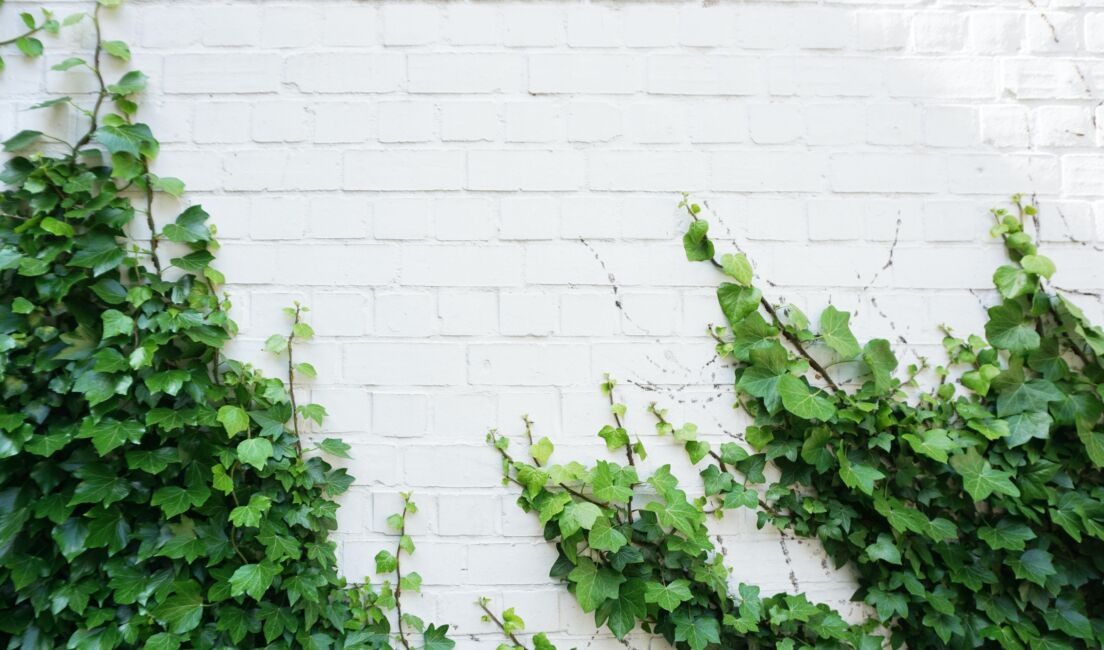If we are aware of our own tendencies towards paranoia, we can have understanding for others who may be further down that road and speak to them with the same degree of respect that we would want for ourselves.
Weeding out paranoia

From a seed of truth planted in the soil of a global pandemic seem to bloom a thousand conspiracy theories. Name any aspect of what’s going on, from the origins of the virus, to why the mail is slowing down, and you’re bound to find more than one theory sprouting up about who is REALLY behind it all. Some of these stories have more truth to them than others.
The world is infected with uncertainty and instability. And I confess, I’ve been feeling a touch of what might be accurately described as moments of “paranoia” too. I find myself attributing much more importance to offhand remarks, online chats, or facial expressions than I did in January. And because I’m not interacting face-to-face with as many people as I used to, this feeling sometimes goes unchecked and intensifies.
Like any good twenty-first century adult, when I finally admitted to myself that this was the case, I turned to a well-known authority for help: I searched Google for “paranoia” and “pandemic.”
Uncertainty and powerlessness: a recipe for paranoia.
As is so often the case, the internet both comforted me and further unsettled me.
On the one hand, I am assured that research supports what I am feeling. When faced with uncertainty, powerlessness, and anxiety—say, for instance, the kind brought on by a global pandemic and its consequences—it is easy to “lose ourselves” in “a labyrinth of paranoia,” as one author put it.
We like things to make sense, and when we can’t make sense of what is happening around us, we attempt to blame someone or something for the situation. Effectively, we attempt to force some kind of order or logic on circumstances that seem to defy both.
On the other hand, I realize the dose of paranoia I’m experiencing means that I am just as susceptible to conspiracy theories as the people who think 5G is responsible for COVID-19. The impulse to imagine an enemy that is responsible for our discomfort is universal. And if we’re all feeling this to varying degrees, that’s a lot of enemies we could be inventing.
There’s enough real struggle during this crisis, we don’t need to borrow new fictional enemies. If the seeds of paranoia are in all of us, how do we prevent them from growing into a tangle of conspiracy theories to weed through.
Tanya Basu at MIT Technology Review talked to a variety of experts and forum moderators on the Reddit community r/ChangeMyView about how to have productive conversations with conspiracy theorists. There are many helpful tips, but the first one is the foundation for everything that follows, respect.
Always, always speak respectfully. Every single person I spoke to said that without respect, compassion, and empathy, no one will open their mind or heart to you. No one will listen.
If we are aware of our own tendencies towards paranoia, we can have understanding for others who may be further down that road and speak to them with the same degree of respect that we would want for ourselves. Perhaps looking for the ‘kernel of truth’ in their theory is a starting point of common ground to sprout something more hopeful than a conspiracy.